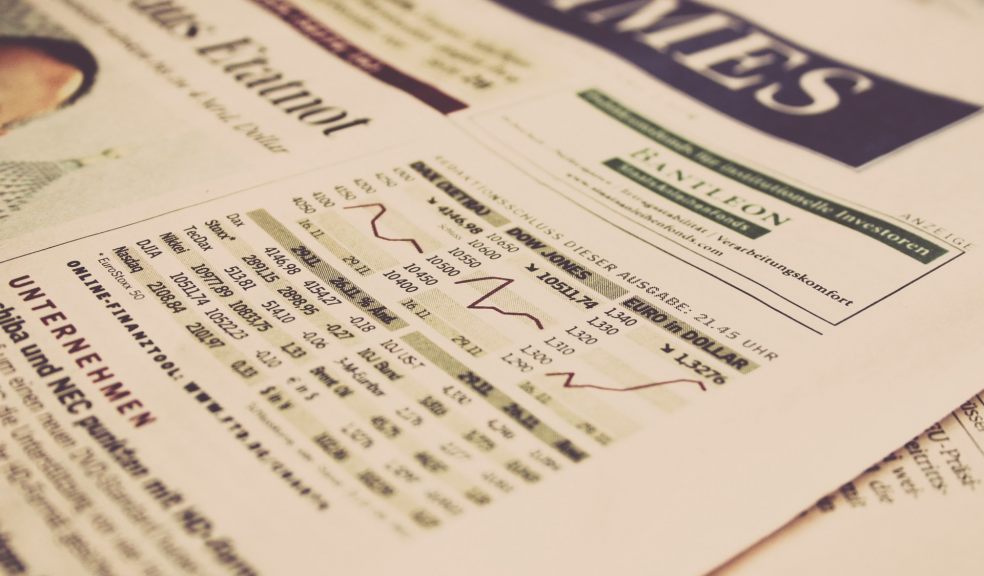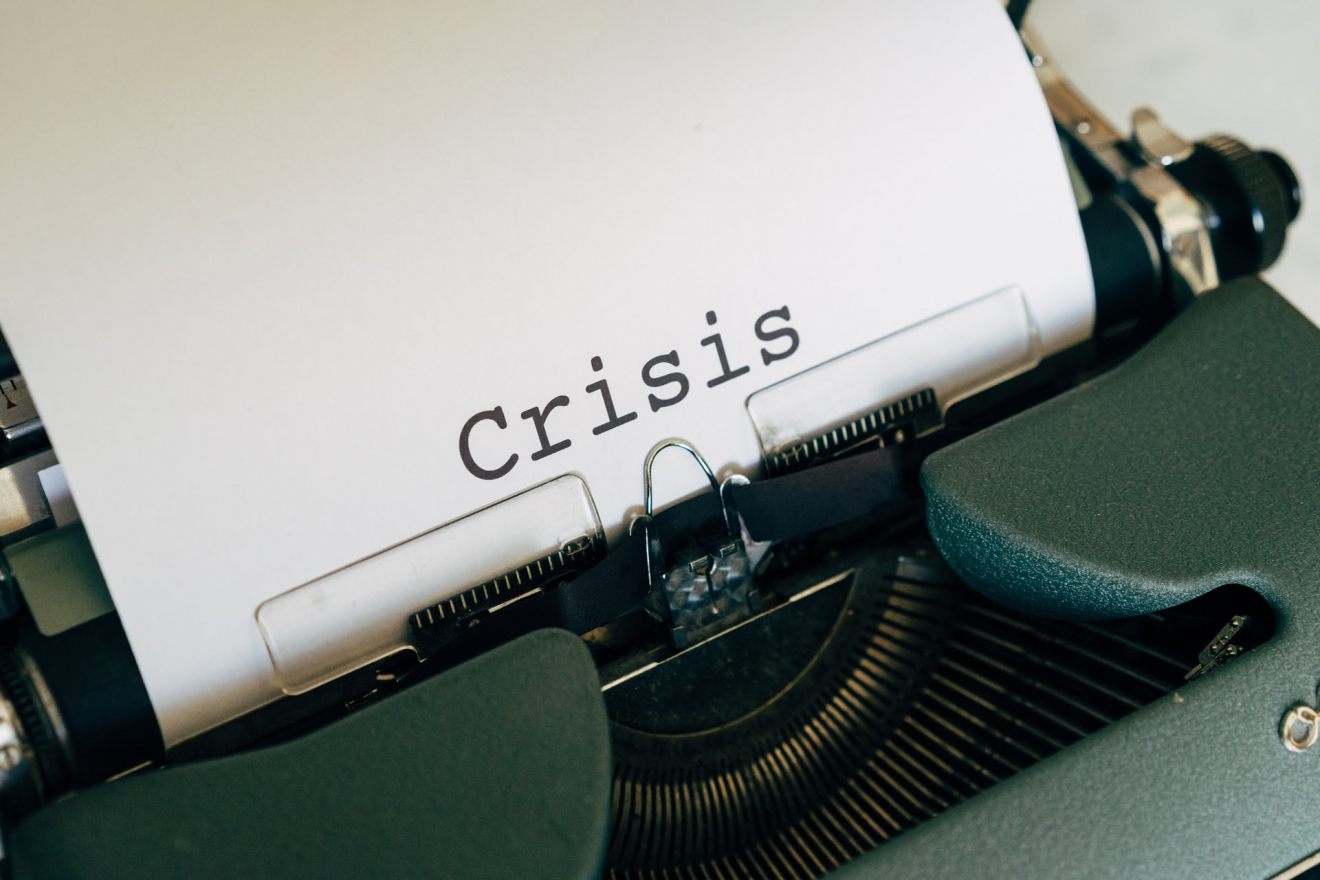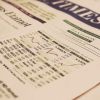
How to Learn About the Current Economic Situation
Money is a method of exchange that allows individuals to earn, purchase and sell goods. Instead of trading, similar to the olden days, where individuals would trade goods and negotiate in order to achieve a fair outcome. Money is our current medium of exchange that permits us to obtain what we require to survive and to live. Everything around us costs us money: the house we live in, the clean water we use, the electricity, the food, the clothes, even going out to eat or watch movies.
In this article, we’ve gathered some tips on how to learn about economic situations.
Why do I need to Know About Economy
Human beings work for money in order to be able to afford the goods. Although money is a part of everyone’s life, not everyone can firmly admit they have a high understanding of the concept of money, even though money dictates how individuals will live their life – the more money you have, the better quality of life you will be able to afford. There are so many different things to learn about money and economy in general, but the number one rule that you need to live by, if you want to make more money, is to learn about the current economic situation of your country. This has a great impact on people individually. For example, the value of money and countries’ different currency changes constantly, which you can check on this site, with different changes occurring in the country and even in the world. Many factors will have an impact on this and you will also be affected by it. Knowing about the economic situation seems overwhelming and a topic to leave to the experts, however, this article will provide you with the basic tools you need to learn about the current economic situation.
How do I contribute to Economy?
The economy can seem a topic difficult to learn about, but we all have an impact on it through our choices. You contribute to the economy each time you buy a product or even when you go to work. Similarly, if you choose to spend or work less, this will also impact the economy. What each individual does with their money can regulate how well the economy does.
How to Know How Economy is Doing
Society uses many terminologies to describe the economy. They may say it is healthy, thriving or in a good place, whereas in bad times, it is weak, struggling and depressed.There are four things that will give you an idea of how the current economy is doing:
GDP – Gross Domestic Product
This is a measurement tool of economic growth, and it measures all goods and services manufactured in a country over a period of time, for example, a year. An increase in GDP indicates economic growth and overall economic health within the country. GDP offers an economic picture of a country, used to estimate the size of an economy and growth rate. GDP can be calculated by using expenditures, production of goods, or people’s incomes. The calculation of a country's GDP covers all private and public consumption, government outlays, investments, additions to private inventories, paid-in construction costs, and the foreign stability of trade.
Inflation
Inflation is the rate at which the prices for goods and services increase within a country. Most governments consider anything above or below 2% undesirable. This is one of the key measures of economic health that affects what individuals are allowed to purchase for their money. If there is inflation, money does not go as far. If inflation rates rise, prices of products and services will rise with it, and in turn many people may not be able to afford the products and services, if salaries do not match the inflation. This will have a massive negative impact on people’s quality of life.
Unemployment
The percentage of unemployment demonstrates how many people want to work but cannot find employment. This measure within a country will provide you with a good picture of the country’s economic health. The fewer unemployed people within a country, the better the economy is doing. A low rate of economic growth can result in higher unemployment and major factors leading to recession in a country, would definitely increase expectations of a rise in unemployment. This is because if there is a reduced demand for goods and services, companies will produce hence requiring fewer workers.
Inequality
This is the concept of how a country’s wealth and fortune is distributed among the population. Economists tend to see high inequality as a sign of an economy that is in poor health. Great inequality in countries will see a big gap between rich and the poor, where the rich are very rich and the poor will face serious struggles such as inability to afford essentials such as food and water and a safe shelter. This suggests that the population does not have equal access to goods and services.

The economy can be in fact a very overwhelming topic, and you may not think it affects you or that you affect it. However, what you do as an individual will contribute to the health of the economy and how well the economy is will affect you as an individual. It is therefore that you are aware of this so you can evaluate the overall health of your country’s economy so that you can make better financial choices as an individual.



















